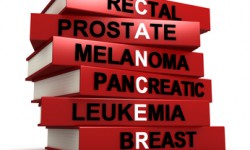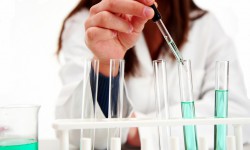
For years, a patient’s overall lifestyle has been one of the factors considered in developing our alternative cancer treatments at Issels®. The World Health Organization (WHO) recently provided additional evidence for this approach by placing popular breakfast meats on their list of cancer-causing substances.
Pork is #1 on the hit list
Last October, WHO issued their updated list of commonly-used substances that can cause cancer. Bacon, ham and sausage were added to the list, with processed meats joining asbestos and cigarettes as the highest-ranking carcinogenic substances.
Studies indicate that haem, a pigment that gives red meat its color, may irritate the linings of the intestines. Another possible cause comes from the preservatives used to keep meat for a longer time, which can ultimately form carcinogenic substances.
Should you give up red meat?
Some researchers remain unconvinced of the link between processed meats and bowel cancer. Neurobiology professor Robert Pickard of the University of Cardiff maintains that eliminating red meat from your diet is not as valuable a protection against cancer as reducing smoking, drinking alcohol and overeating.
Nevertheless, the World Cancer Research Fund International advises that you can reduce your risk of bowel cancer by limiting consumption of red meat to 500 grams cooked weight per week. Meat-eaters also tend to have a lower intake of fruits and vegetables, which are loaded with fiber along with antioxidants and other healthy nutrients, so upping produce consumption can also lower your risk.
Our Issels® alternative cancer treatments incorporate a healthy lifestyle as an element of our individually created protocols. Visit our website to learn more.





